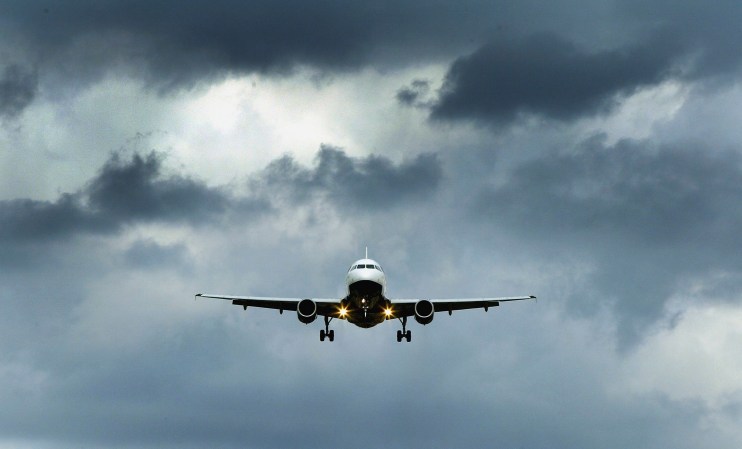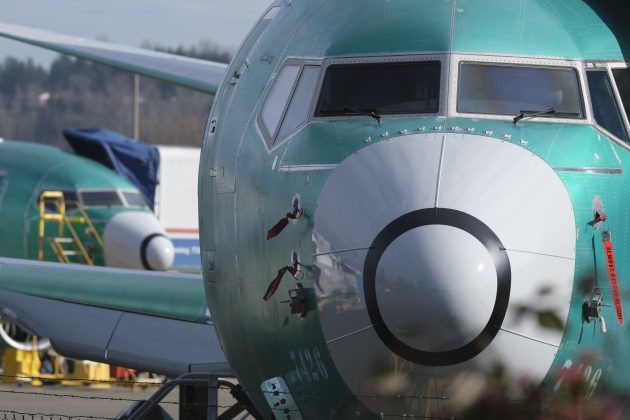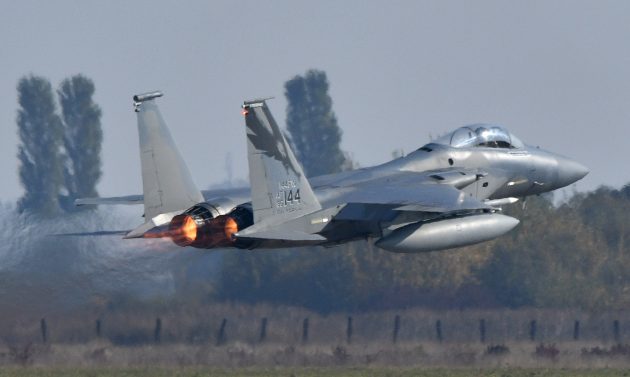Up in the air: Risks pile on for aerospace industry as 737 Max saga continues

Risks are mounting for the world’s aerospace industry, amid political tensions and delays to Boeing’s grounded 737 Max jet returning to service, according to ratings agency Moody’s.
Read more: Boeing takes $4.9bn hit on 737 Max groundings to compensate airlines
The grounding of the best-selling passenger jet in March after two deadly crashes killed 346 people has wrought havoc for the aviation industry, with suppliers and airlines feeling the pinch and global airline seats falling by 40m.
Moody’s said the issue remains the most pressing risk for the sector. If the jet does not resume service in early 2020 at the latest, the agency will likely downgrade its outlook for the industry as a whole. In that case, pressure would mount on the world’s biggest plane maker, and the effects would “trickle down” to its extensive supply chain, it said.

On top of this, growing geopolitical risks continue to “cloud the picture,” Moody’s said. A continuation of current restrictions on arms exports to Saudi Arabia, supply chain disruption from a no-deal Brexit and trade tensions between the US and the European Union over state aid to Boeing and Airbus could all hurt the industry.
However, the defense sector, in which most aerospace giants such as Boeing and Airbus also operate, has given companies a boost.
US President Donald Trump is expected to boost his defense spending by three per cent next year, while smaller economies such as France, Britain, Germany and Japan will likely do the same.

The agency did not downgrade its outlook from the “positive” rating it gave last year, but said risks were growing that it would bump the sector down in future.
“We expect operating profit to fall five per cent to seven per cent in 2019 because of suspended deliveries of The Boeing Company’s grounded 737 Max, but to grow by well over 10 per cent in 2020 as deliveries of the 737 Max recover,” it said.
Read more: Airbus warns Europe to gear up for a no-deal Brexit
“While still positive, our outlook is less upbeat than 12 months ago on the back of intensifying US-China trade tensions, rising geopolitical risks in North Korea and the Middle East, slowing macroeconomic activity and potentially longer-than-expected 737 MAX delivery delays,” said Moody’s senior vice president Martin Hallmark.